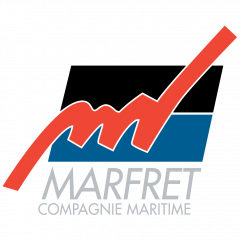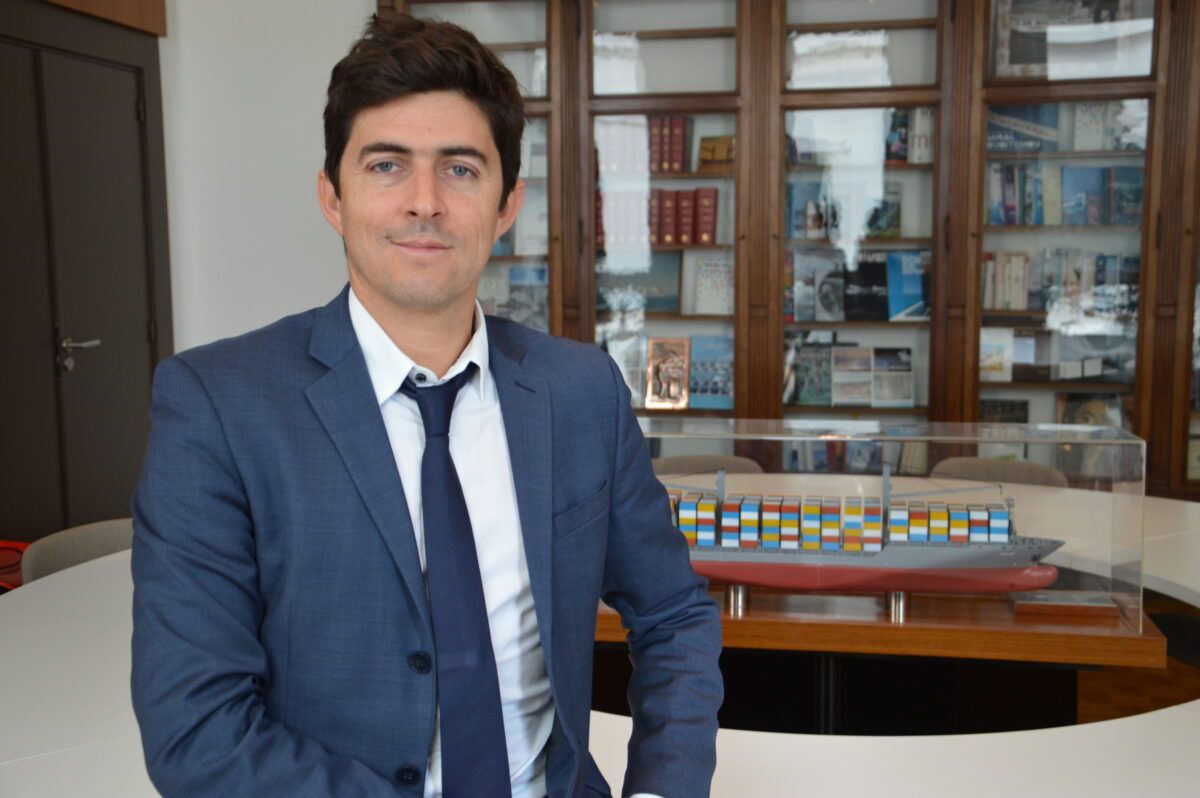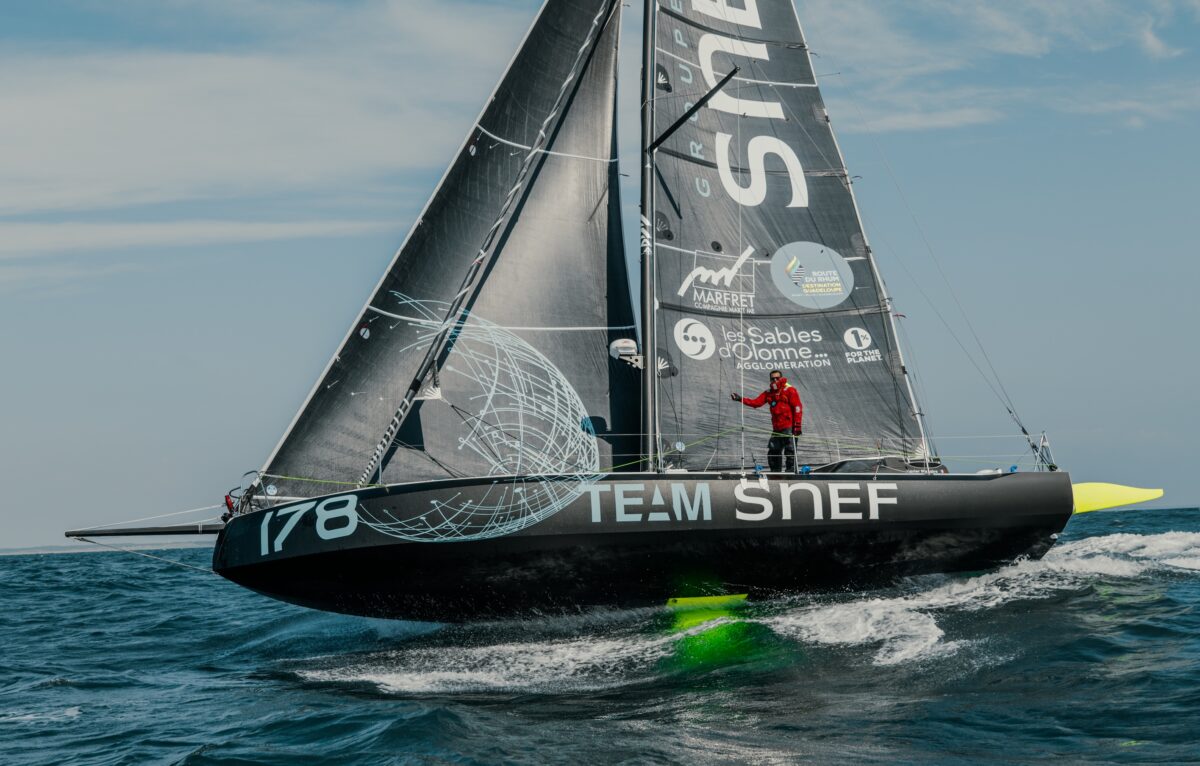You took over at the head of Marfret mid-2019, a real baptism of fire given the events that followed. How have these last three years been?
I embarked on my maritime adventure beginning with strikes at the French ports at the end of 2019, then the pandemic, the war in Ukraine and the simultaneous challenge of initiating energy transition at the company. A heavy swell will test a ship’s strength and resilience. Marfret not only managed to stay on heading with regard to its existing lines, it also opened up to new horizons with the launch of the Multipurpose Vessel conventional service connecting Le Havre and Antwerp with French Guiana and the West Indies, and then a new line between Egypt and Italy. These new services are proof that Marfret puts actions above words and is experimenting incrementally both with new shipboard technologies and in the digital transformation of our booking system.
In 2022, and for the second consecutive year, you were awarded the Choiseul Prize, which rewards the 100 leading figures in the economic sphere in France, and you also became chairman of the CMAF (Marseille chapter of the French Shipowners’ Association). What challenges lie ahead?
Marseille is a dynamic port is a dynamic port community with a common vision on leading issues, including air pollution. The holding of the second edition of the Blue Maritime Summit in October 2022 is proof of shipowners’ staunch commitment to pre-empt regulations in an effort to reduce greenhouse gas emissions. To this end, we have signed three agreements with cruise operators, the Pôle Mer Méditerranée and Atmosud to set up a database, discuss issues openly and put in place more virtuous actions. The presence of the Secretary of State for Maritime Affairs Hervé Berville was important in a context in which the Mayor of Marseille, by launching an anti-ship petition, had set the residents against the port. It was an unprecedented situation and one that upset the shipping world. Another challenge is the promotion of the École Nationale Supérieure Maritime; incidentally, the CMAF has decided to allocate a budget dedicated to advancing seamens’ careers.
Bernard and Raymond Vidil have taken a back seat regarding the company’s daily running. How have the tasks been redistributed?
The transition period seems to be finished now. It’s true that Bernard and Raymond Vidil have stepped back from the operational side, from the daily running, but they still occupy a major strategic role. By chairing and being members of Marfret’s supervisory board, they contribute their vision and set the heading. By detaching themselves from their daily tasks, they now have time to take care of fleet transactions and present our viewpoints in dealings with various institutions and administrations.



